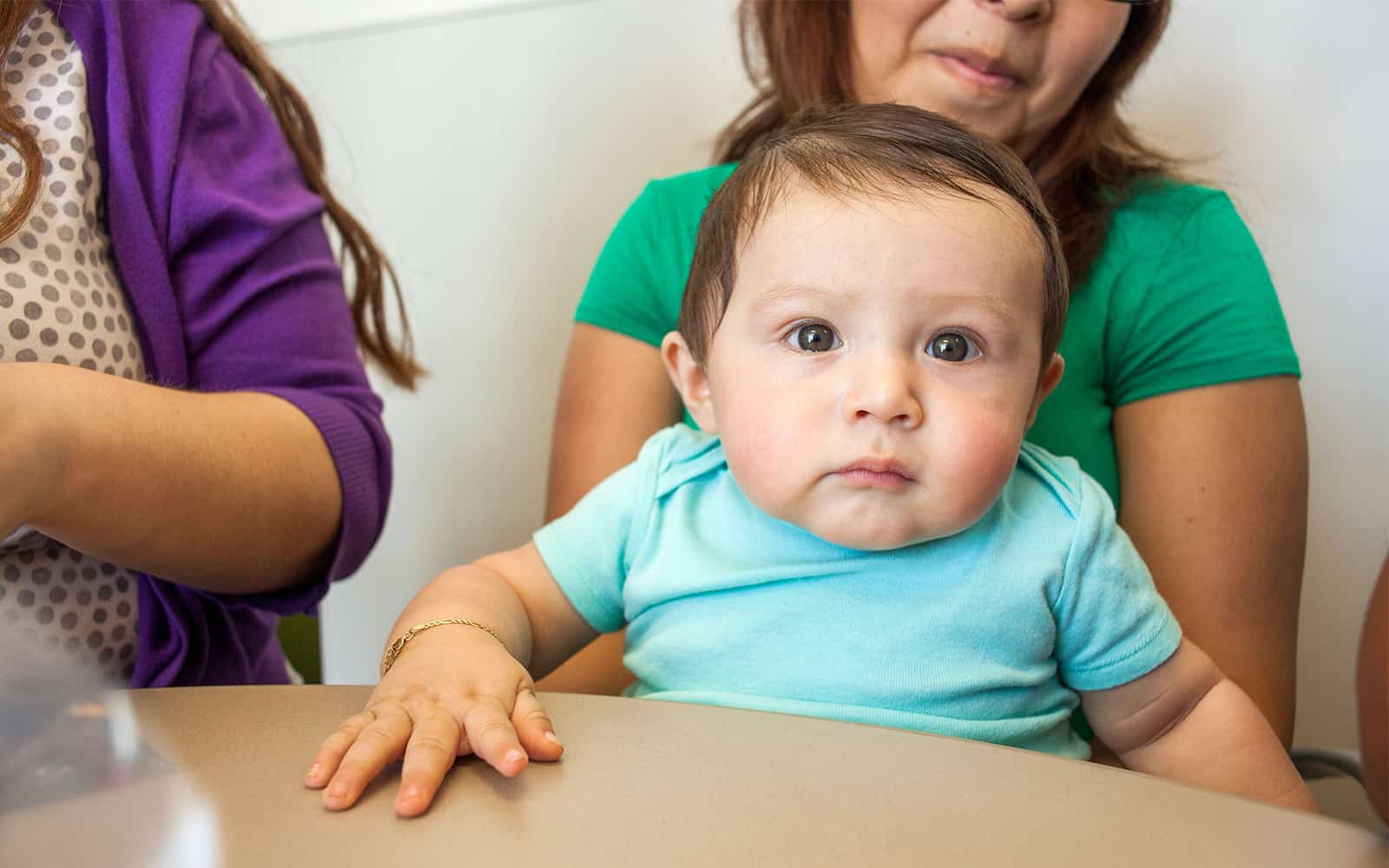Research has shown that children’s experiences and relationships during their first few years build a critical foundation for future success in school, work and life. Countless studies have reported better life outcomes for children fortunate to have access to quality early education: greater high school and college completion rates, higher earnings and better health. Unfortunately, adverse early life experiences — often stemming from generations of institutionalized racism and historical trauma — prevent children from forming secure attachments with adult caregivers that support long-term social, emotional and even physical well-being. Children who do not develop these crucial social and emotional skills fall behind as early as kindergarten, putting them at a disadvantage compared to their peers for years to come.
Fortunately, research also demonstrates that access to and engagement in early intervention and high-quality early learning experiences and family supports have the potential to buffer the negative effects of adverse early experiences and advance positive outcomes. Start Early contributes to this important body of research by consolidating and translating research evidence and studying strategies and interventions that target the social and emotional skills and well-being of young children and their families, with the goal of setting young children on a path to thrive in school and life.

